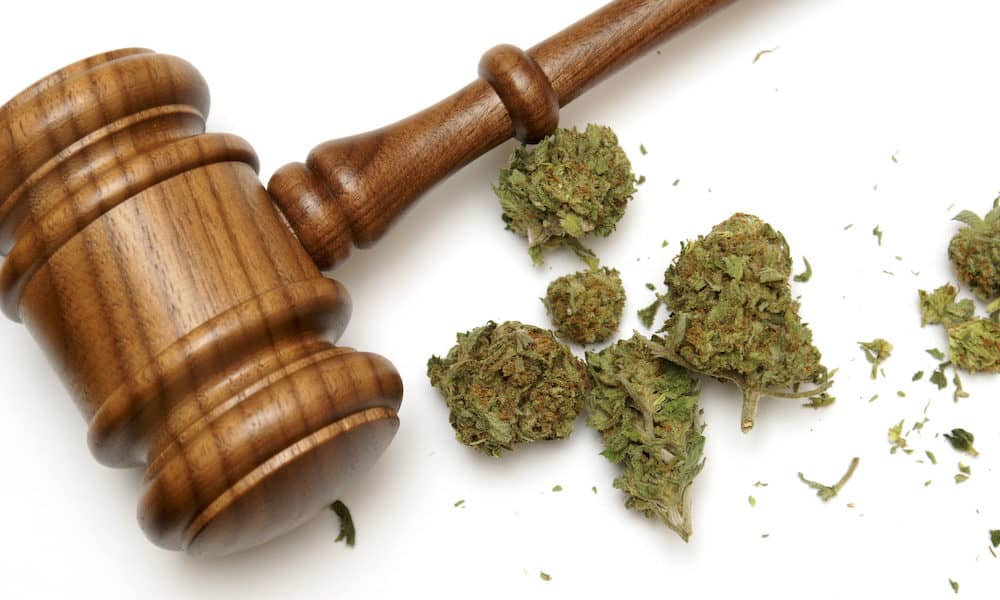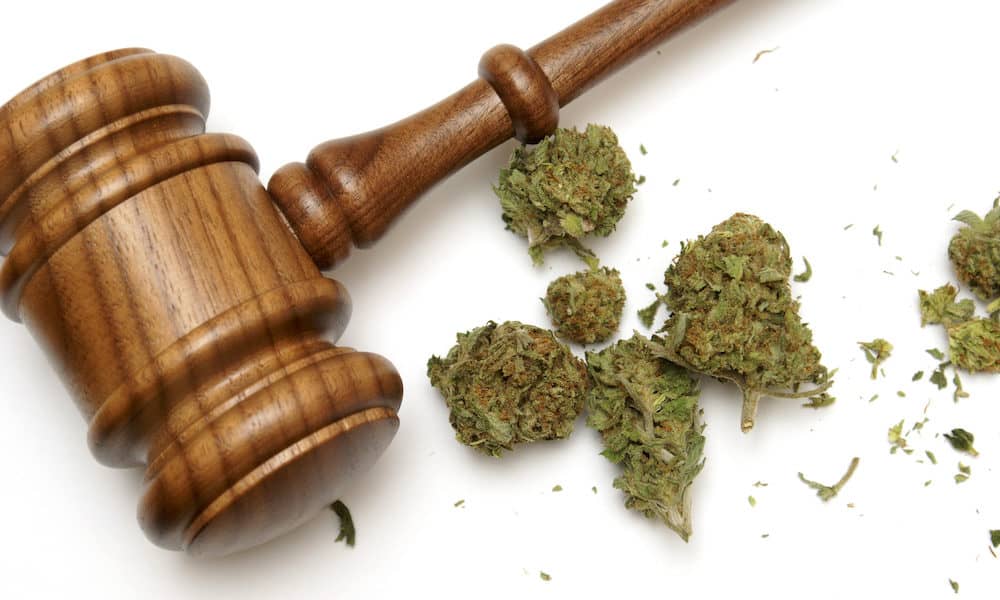
A group of cannabis activists in Michigan has filed a lawsuit against the government to remove marijuana from the state’s list of controlled substances. Despite being legalized for medical purposes in 2008 and the beginning of legal recreational sales last year, cannabis is still listed in the Michigan Public Health Code as a Schedule 1 controlled substance. This classification indicates that a drug has no medicinal value and a high potential for abuse.
Michael Komorn, one of the attorneys for the plaintiffs, said cannabis should not remain as a scheduled drug.
“This is not a controlled substance,” Komorn said. “The idea that someone would be growing an opioid … and bringing it to a pharmacy because they were running low on their meds is the scenario that would have to exist in order for marijuana to remain as a scheduled drug.”
“It’s intellectually dishonest,” Komorn said.
The lawsuit was filed last week in the Michigan Court of Claims against Michigan Board of Pharmacy and its chairwoman Nichole Cover. The suit maintains that with the state acknowledging through legislation the medical efficacy of cannabis, the State Board of Pharmacy should remove the Schedule 1 designation. The suit also claims that Cover should not be serving as both a member of the Medical Marihuana Licensing Board and the chair of the Board of Pharmacy, which does not recognize cannabis as a medicine.
State spokeswoman Kelly Rossman-McKinney said in a statement that “the Michigan Department of Attorney General is in the process of reviewing and preparing a response to the” lawsuit, according to media reports.
Historic Activist Named As Plaintiff in Lawsuit
The plaintiffs in the legal action are NORML of Michigan, the Michigan Medical Marijuana Association, Dr. Christian Bogner, a researcher studying the effect of cannabis on autism, medical marijuana patient Josey Scoggin, pharmacist Paul Littler, and poet and activist John Sinclair.
Sinclair has been a cannabis activist in Michigan for more than 50 years. In 1967, his arrest for possessing two joints led to an outcry that resulted in the annual Hash Bash in Ann Arbor. He said at the Cannabis Counsel Office in Detroit on Wednesday that it is time to stop prosecuting people in Michigan for using cannabis.
“For 80 years they’ve been locking people up and taking their possessions and harassing and terrorizing us as citizens because we like to smoke weed,” said Sinclair. “I want to be part of every effort to completely remove the police from our lives regarding marijuana. They’ve got nothing at all to do with marijuana.”
The Michigan Supreme Court overturned Sinclair’s conviction in 1972, writing in its decision that “not only that there is no rational basis for classifying marijuana with the ‘hard narcotics’, but, also, that there is not even a rational basis for treating marijuana as a more dangerous drug than alcohol.”











